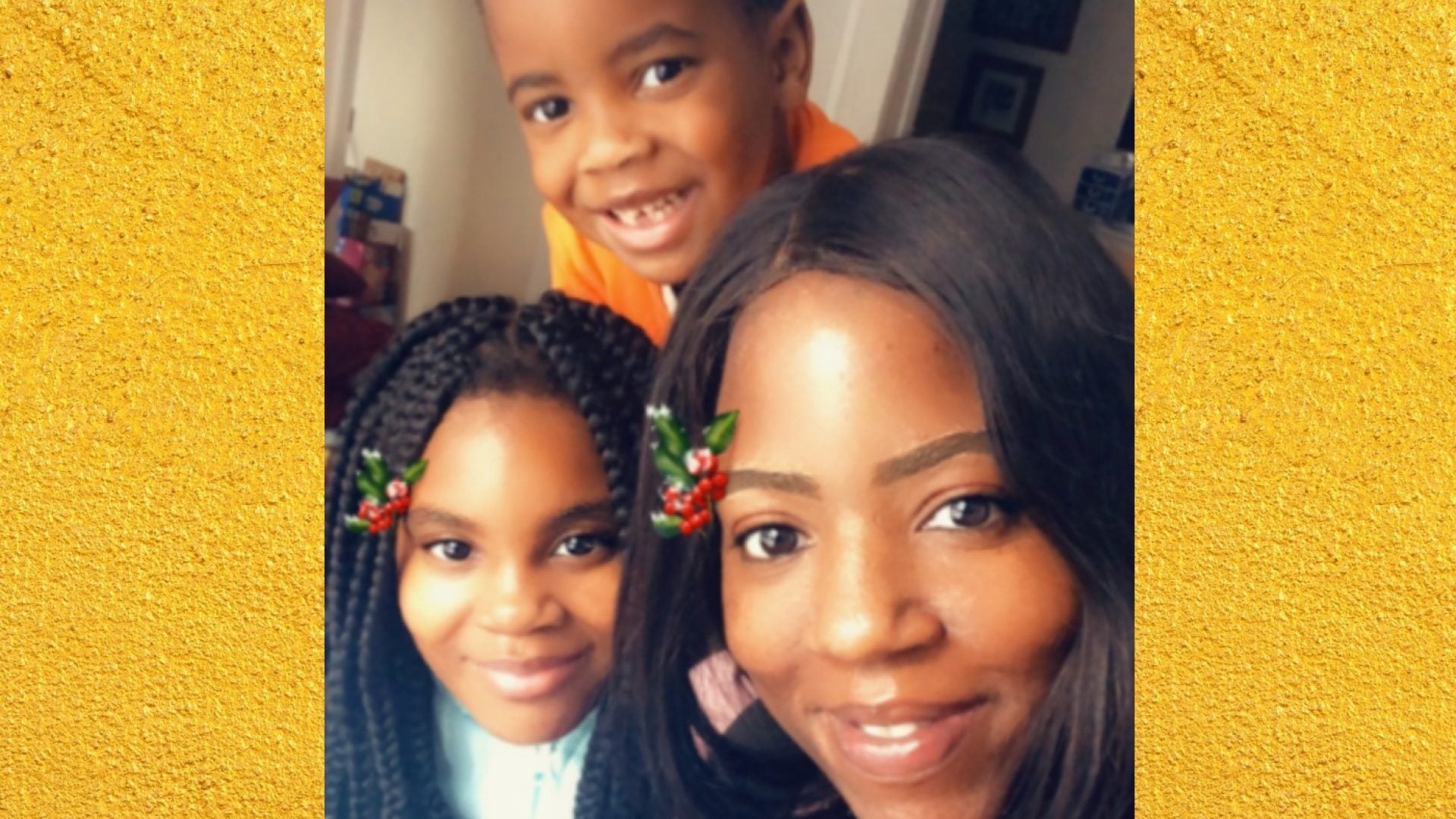
In the U.S., heart disease, also known as cardiovascular disease, is the most common cause of death for both genders and most ethnic groups. It’s so rampant that every 36 seconds, someone dies from the disease. As troubling as that sounds, in everyday life it’s easy to take our heart health for granted until a scare reminds us about the importance of listening to our bodies. Sherese Powers, a 32-year-old licensed practical nurse and mother of two from Columbia, South Carolina, can attest to that. She experienced heart failure in April 2020. It all started with chest pains, which felt like “terrible heartburn.” They gradually would become so intense they’d have her on all fours.
“When they would come, they would last for about an hour or so, and they were excruciating pain,” she tells ESSENCE. “But I’ve been in healthcare for 11 years as a nurse tech and a medical assistant and I’m in nursing school, so at the time, I knew the signs of a heart attack. They didn’t feel like I was having a heart attack, but I just knew something wasn’t right.”
Powers spoke to her doctor about the chest pains, but to no avail. “They kept telling me they can’t find anything, [and] the blood work, the lab, everything was normal. I was relieved by that,” she says.
The doctors also said the pains could be anxiety attacks stemming from the stress of being a single parent working and in nursing school full-time. It made sense. But then, Powers began having bladder issues shortly after where her bladder was abnormally full. She was sent to a urologist, but after running tests, they still couldn’t figure out what was wrong. She continued to manage the chest pain and treat it by taking Tylenol and aspirin until one morning, she went to get a COVID test for work and could no longer ignore it. Her brother dropped her off to the hospital to get tested and he wouldn’t get in touch with her again for hours.
“I don’t remember being dropped off. Apparently, by the time I got to the emergency room, I had already completed the cycle of a massive heart attack,” she recalls. “He said he’d been texting me and I have no recollection of any of that. I actually woke up two and a half months later. I was in cardiac ICU and I have two nurses standing at my bedside, giving reports, and I’ve been asleep all that time.”
Sherese was in a medically induced coma. She required open heart surgery after her heart attack and had to have a heart pump implanted to keep her alive. A few months later, she was discharged for physical therapy where she had to learn to walk again.
“There were steps that could have been taken to prevent this. I could have had something less severe than this, but no one listened to me,” she says. “I went to the emergency room, I’ve been to my primary doctor, I’ve been to a urologist, I’ve been to cardiologists, and no one wanted to listen to me. And this is what happened. I could have died.”
Powers is now using Abbott’s HeartMate3 left ventricular assist device (LVAD), which helps pump blood from her left ventricle to the rest of her body. She says it weighs approximately six pounds and goes with her everywhere.
“I’m also on a heart transplant list, hoping to not have this for the rest of my life,” she says.
She advises people not to ignore symptoms so they don’t find themselves in a similar situation. Chest pain, weakness and light-headedness, shortness of breath, and pain in your arms and shoulders are a few signs of heart failure. The overactive bladder she experienced is a distress symptom. Some risk factors for the condition are high blood pressure, high cholesterol, an unhealthy diet, and a lack of physical activity.
Before having a massive heart attack due to heart failure, Powers was two months away from finishing nursing school. Despite the delay as she went through rehabilitation, in May 2021 she completed her studies and graduated in July. Her longtime dream was to be a nurse, and she’s currently fulfilling it by caring for others at a long-term care facility. She helps people through that work, but also seeks to help save lives by sharing her story.
“Listen to your body,” she says. “Go get help, seek help, get regular checkups. Just because you don’t have a family history of something, don’t think that it can’t start with you. Don’t ignore it. Don’t let [medical professionals] tell you, ‘it’s nothing–you’ll be fine.’ If you feel in your heart that something is wrong when something isn’t right, seek a second opinion, a third opinion, do whatever you have to do to get the answers that you need because it’s your life.”